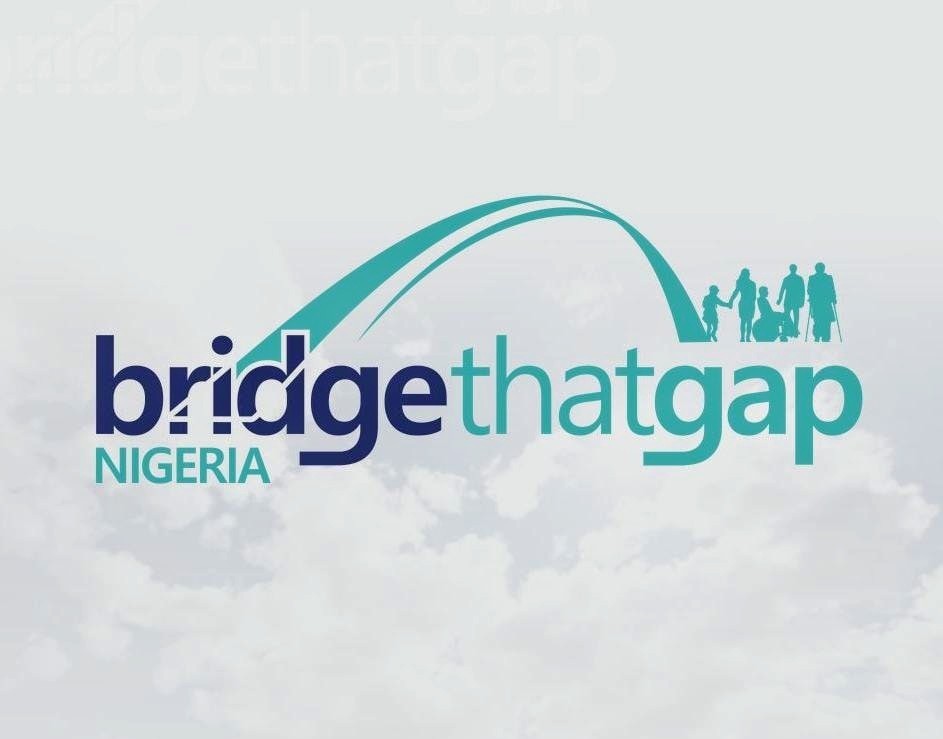BTG to empower women, advance sustainable climate governance in Kaduna
By Sani Idris-Abdulrahman
Bridge that Gap Hope for Africa Initiative (BTG), an NGO, in partnership with Network of Civil Society in Environment, has unveiled a transformative project designed to empower women and advance sustainable climate governance in Kaduna State.
BTG Executive Director, Mss Gloria Bulus said in a statement in Kaduna on Thursday, that the move was a strategic effort toward tackling the rising climate and development issues impacting communities in the state.
Bulus said that the project would be funded by the Partnership for Agile Governance and Climate Engagement (PACE) Programme, a Foreign Commonwealth Development Office funded initiative.
She said that the six-month project titled “Women Empowerment and Climate Resilience Initiative” would be implemented in three Local Government Areas (LGAs) of the state, namely Zaria, Chikun, and Zango Kataf.
“Reports from these LGAs show high levels of environmental degradation, food insecurity, and limited female representation in governance structures.
“A complex climate landscape in
Kaduna state faces a troubling mix of environmental, social, and economic challenges.
“From extensive deforestation and desertification to resource shortages and ecosystem breakdowns, the impacts of climate change have become severe.
“A report by Global Forest Watch shows that in 2023 alone, the state lost over 5,400 hectares of natural forest, leading to 1.94 million metric tonnes of carbon dioxide emissions.
“These environmental shocks have worsened poverty and eco-anxiety, especially among women who are disproportionately affected but remain underrepresented in decision-making,” she said.
She pointed out that although women play important roles in agriculture, small businesses, and household sustainability, they often lack access to platforms and resources that could help them influence climate policies and local development strategies.
She said that with women at the forefront, focusing on gender inclusion and environmental sustainability, the project aims to strengthen women-led coalitions.
“This will be achieved by improving their policy advocacy skills, providing them with energy-efficient cookstoves, and developing a climate action plan that considers gender and Persons with Disabilities (PWD) in line with the Kaduna State Climate Change Policy.
“This is because women are central to community life. They manage natural resources, care for households, and make significant contributions to the economy.
“However, they still face marginalisation in important decisions about the environment and development.
“The project aims to change this situation by providing women with advocacy tools and encouraging cooperation among policymakers, civil society, and the private sector,” Bulus said.
She explained that the choice of the three LGAs was due to their disturbing environmental records.
Bulus said that Zaria LGA suffers from massive vegetation loss due to fuelwood consumption, which accounts for nearly 40 per cent of its deforestation.
She said that satellite data from 1973 to 2014 shows that over 80 per cent of vegetation in the area has been degraded, highlighting the urgent need for clean energy alternatives and community-led environmental restoration.
She also said that Zango Kataf LGA equally faces challenges from erratic rainfall, rising temperatures, and soil degradation.
She said that women and internally displaced persons were particularly vulnerable to water shortages and land conflicts, worsened by deforestation caused by agricultural practices.
For Chikun LGA, the executive director said that communities like Kakau Daji were experiencing rapid environmental decline due to firewood collection and industrial pollution from nearby petrochemical plants.
According to her, the ecosystem has suffered from biodiversity loss, soil erosion, and toxic emissions.
Bulus said that the project was built around four core objectives, explaining that one of the objectives was to enhance policy advocacy capacity.
This, she said, would be done through training of women’s groups to participate in governance structures and advocate for inclusive climate strategies.
She identified the second objective as the development of inclusive Climate Action Plans to prioritise gender and PWD perspectives in environmental policies.
“The third objective is promoting climate adaptation through implementing grassroots solutions like reforestation, clean energy use, and climate-smart agriculture.
“The fourth objective is strengthening multi-stakeholder collaboration, particularly among women’s coalitions, government agencies, and environmental stakeholders,” she said.
Bulus said that BTG, a nonprofit organisation, was dedicated to building sustainable communities by removing barriers to opportunity and basic rights for vulnerable populations.
She said that the organisation aims to plant 15,000 trees across the three benefiting LGAs, adding that more than 3,000 economic and forest trees have been planted in Chikun LGA.
“Through the Strategic Opportunity Fund from the PACE Programme, an additional 6,000 trees will be planted in the project LGAs.
“Journalists in Kaduna will also receive training to enhance their skills in effective writing and reporting on climate change-related issues,” she said.
The News Agency of Nigeria (NAN) reports that the PACE project supports coalitions that influence governments to address climate and governance issues affecting the poorest and most vulnerable communities.
It aims to boost state government revenue from internal sources, integrate climate actions into state policy, planning, and budgets, and enhance election delivery and credibility.
The programme is being implemented in Kaduna, Kano, and Jigawa states in northwestern Nigeria and strategic engagement at both federal and regional levels, with BTG as a consortium partner. (NAN)
Edited by Philip Yatai




